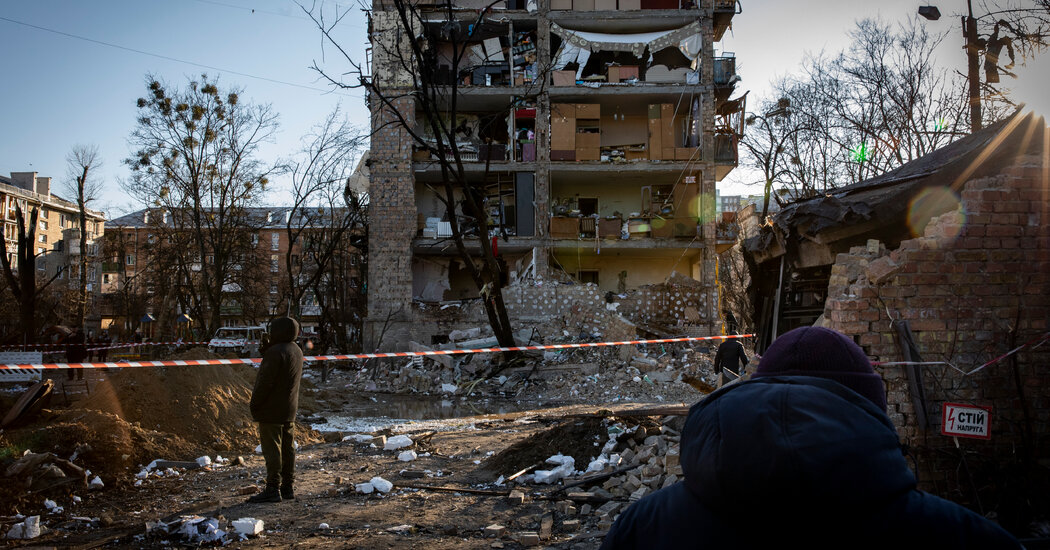WASHINGTON — President Biden warned President Xi Jinping of China on Friday of repercussions if Beijing decides to give Russia financial or military aid to support its war in Ukraine, White House officials said, but they did not specify what those consequences would be.
Mr. Biden laid out for Mr. Xi the punishments that the United States and its allies had imposed on Russia as a result of President Vladimir V. Putin’s invasion of Ukraine last month, said a senior U.S. official, who briefed reporters on the condition of anonymity about the nearly two-hour görüntü call between the two leaders.
That punishment has mainly taken the form of sanctions that have devastated Russia’s economy, the 11th largest in the world. The implication was that the United States could impose similar sanctions on China, the world’s second-largest economy.
The call came as Russia is seeking to capture Ukraine’s capital, Kyiv, and second-largest city, Kharkiv, and expand control of the southern coast. But Russian forces are reeling from high casualties — 7,000 or more soldiers killed, according to a conservative American intelligence estimate — and the discovery of critical gaps in its military prowess.
U.S. officials have warned that Mr. Putin is seeking economic help, military hardware and field rations from China. American officials have leaked those findings, perhaps to both embarrass Mr. Putin and put China’s leadership on the spot.
At a press briefing, Jen Psaki, the White House press secretary, said that after the call, the United States still had concerns about how China would react. “We will continue to watch until we see what actions they take or don’t,” she said.
Asked about the U.S. supplying arms and financial aid to Ukraine while telling China not to supply any to Russia, Ms. Psaki said, “I would remind everybody that Russia is invading Ukraine, not the other way around.” She also said that the material going to Ukraine is purely defensive, adding, “None of the weapons we have sent can be used to launch an invasion of a country like Russia.”
U.S. and European officials see China’s role as a critical one, and decisions by Mr. Xi could push the war in different directions — perhaps toward a cease-fire or more robust diplomatic talks by various parties to negotiate an end to Russia’s campaign, or toward renewed momentum for the Russian forces in their deadly offensive.
Mr. Xi, who has built a bond with Mr. Putin over years and has declined to condemn Russia’s actions in Ukraine, gave no indication that he would involve China in efforts for a diplomatic solution, according to an official Chinese readout of the call.
That summary emphasized the friction between China and the United States over Taiwan before addressing Ukraine. It said Mr. Xi pointed out that “the situation in Ukraine has developed to this point, which China does not want to see,” and reiterated his statements that China would provide humanitarian aid and that Russia and Ukraine should hold peace talks.
The United States and NATO should also talk with Russia to resolve the crisis, Mr. Xi said, and he used a phrase he and other Chinese officials have employed when blaming troubles on the United States: “Let he who tied the bell on the tiger take it off.”


